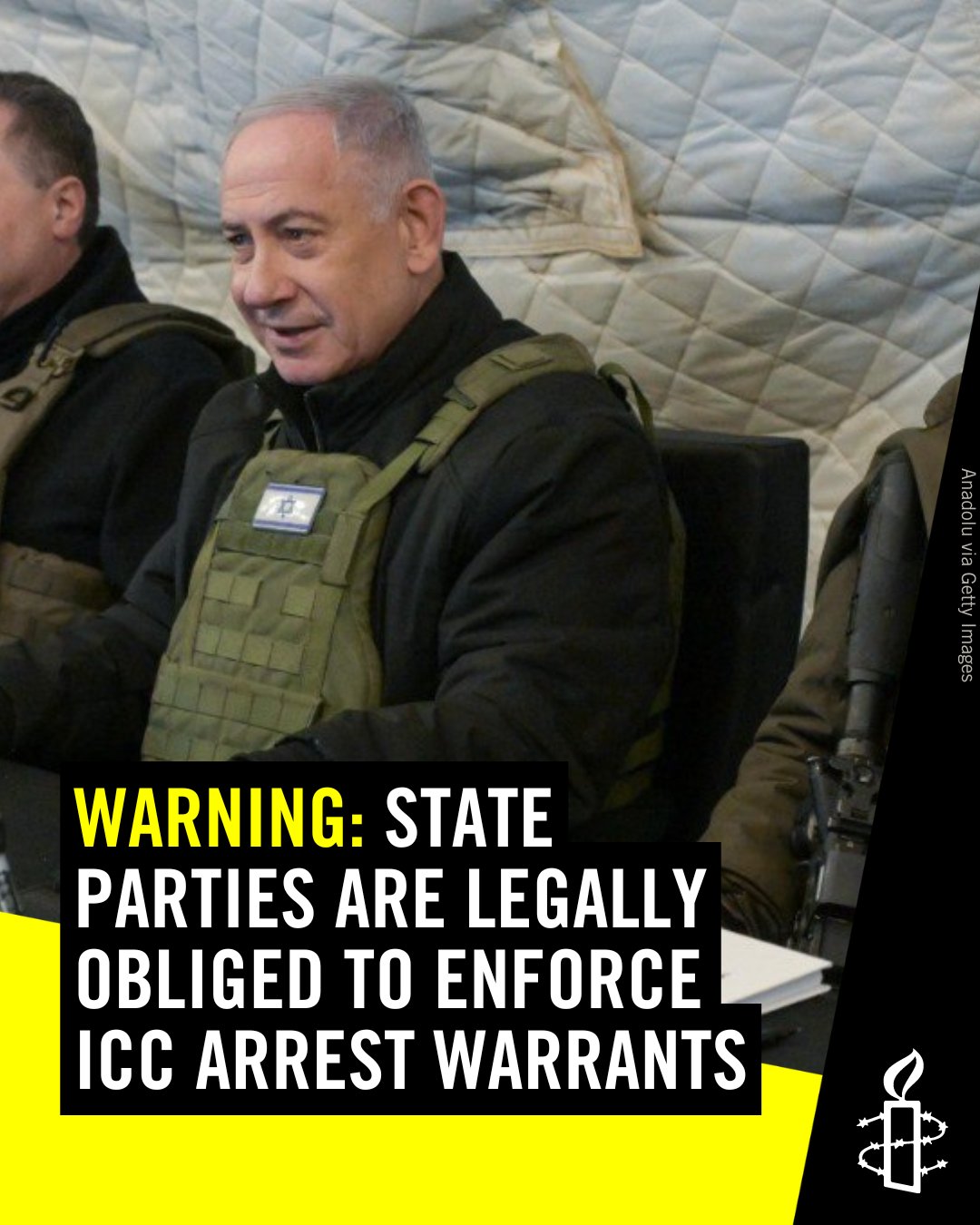Netanyahu: Tough But on Shaky Grounds
Despite his tough and uncompromising stands Israeli Prime Minister Benjamin Netanyahu stands on shaky grounds.
As reported in the Jewish Maariv daily and highlighted in the Quds News Network, his teflon-factor toughness is dented domestically and daily, as characterized by the popular opposition against his rule, in the street and the Knesset.
Around 55% of Israelis have low confidence in the current military leadership of the country; 73% don’t trust the government and 71% express very low trust in Netanyahu.
Further, 86% are concerned about the security situation in Israel; 73% worried about the economic situation of the country and 63% support the recruitment of ultra-Orthodox Jews into the army.
Around 500,000 Israelis have left the country since 7 October, 2023, and the Ben Gurion Airport is already packed with travelers wanting to leave following Friday’s Houthi drone attack on Tel Aviv.
Netanyahu is visiting the United States with all these statistics staring him in the face.
He is addressing the US Congress and meeting US President Joe Biden amidst a declining trust among Israelis in his leadership.
This is particularly due to his failure to secure a ceasefire that could facilitate an exchange deal with the resistance in Gaza. At the same time the fate of 120-plus Israeli hostages hang in the balance.
At the same time, he is facing intense pressure from far-right ministers who threaten to dissolve the government if he agrees to a deal.
They are insisting that he initiate an all-out war against Lebanon—a conflict that, according to the U.S., could escalate into a regional war, which the U.S. has warned against.
But the US is worried also because Hezbollah is proving a very strong match in the north whilst the Houthis are prepared for an all out war which would disruptive globally.











